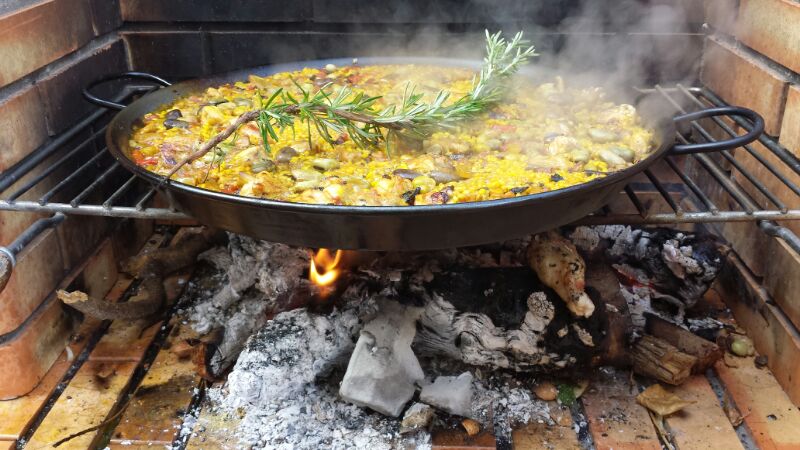Forgive me for having a laugh at an article provided by the Senior Travel Reporter for the Daily Express about the real lowdown on Spanish food and drink, but she hasn't a clue.
Under the intriguing title 'I live in Spain and there’s a tourist trap that catches out lots of visitors’, we read,
‘A Spanish resident warns British visitors to avoid one of the country's most popular drinks’. We learn that ‘“Sangría is a tourist trap, originally created by some British folk. The authentic and original version is called ‘tinto de verano’'".
"What’s the difference? The original uses actual wine and lemon. Sangría is a soda like Coca Cola and Fanta, so imagine going to Spain and paying 10 euros (£8.58) for a jar of Fanta. This happens everywhere in Spain”’.
Actually…
The clue is in the word tinto. It’s red wine, fizzy lemon or lemonade, with a bit of vermouth if you're lucky, ice and – why not? – fruit. Sangría is about the same animal, but (we fall back on the venerable British recipe) may have some extra booze thrown in. Like brandy, vodka, pear schnapps, or whatever else is gathering dust in the cupboard…
Google helpfully explains about Spanish Sangría: 'Its origins can betraced to the southern buy drostanolone propionate region of Spain, where it was first used as a refreshing way to endure the summer's heat'.
Which explains the mix-up.
The Express felt it needed to pad out the article, so moved on to Paella, which, we learn, comes from Valencia.
Apparently, "You can find ‘paella’ in cities like Madrid,
Barcelona and Seville, but it is a tourist trap and unironically it is
99 percent microwaveable yellow rice, it looks gross".
Luckily for us, “Now, there are some hidden authentic paella restaurants out there outside of Valencia, but like the name suggests, they are hidden and mostly known through word of mouth".
Most Spaniards I know down here in the south call paella, or any other rice-dish cooked in una paellera (a large flat pan over charcoal) as simply un arroz. Good all over, too!
The comments are always worth a look in this most British newspaper. 'Spanish cuisine is revolting, as is sangria', says Panhandle, evidently a shepherd's pie and pint of bitter individual.
But wait, this journey through Spain is not yet complete. The writer introduces us to tapas.
'Seville claims to have invented tapas while octopus is popular in Galicia. In San Sebastian, many bars serve pintxos, small snacks with a range of toppings'.
Well, sure, but the whole point is that you are meant to wash them down with a glass of something cold and damp, like, er, sangría.
No comments:
Post a Comment